Early childhood education is important but do parents realize just how important it is? Today we talk about why it is never too early for parents to think about their child’s education and explain how it shapes every stage of a child’s life and development.
Introduction to early childhood education
Your child is learning every single day, from the moment they open their eyes in the morning to when they are closing them at night. Yet, this learning phase doesn’t just suddenly appear out of thin air like a magic trick. That’s right, it doesn’t just begin when your child starts to walk or talk – they are learning from birth.
This is why it is so important for parents to begin considering early childhood education options as soon as they find out they’re pregnant.
Every child goes through various learning and development stages during their lifetime, and with each stage come various skills. However, your child isn’t inherently born with all of these skills. They must be learned through experience with the support of parents and trained childhood educators.
That’s where early childhood education programs come into play. These programs are designed to support your child’s development from as young as six weeks old until they are old enough to attend kindergarten. So, it’s as simple as just signing up for one of these programs, right? Not quite.
Understanding what early childhood education is is one thing. Deciding which type of childhood education is best for your child is another. Didn’t realize that there are various forms and theories of early childhood education? You wouldn’t be the only parent! After all, we’ve yet to see a pregnancy book that comes with an ‘Introduction to Early Childhood Education’ chapter.
Read More:
Yet, what are the theories of early childhood education, and how exactly does early learning impact each of the early childhood development stages? Let’s explore below.

Theories of early childhood education
The study of how children develop has been researched for hundreds of years. Many famous scientists and philosophers have had their say as to how this development happens and why it is necessary. Their findings have laid the foundation for many theories of early childhood education and development.
Psychosexual theory
One of the most famous theories, the Psychosexual theory, was developed by Sigmund Freud. His theory believed that children go through various psychosexual stages in the early years which determine their personality development. During these stages, they are met with a conflict or challenge which they have to resolve.
If a child gets “stuck” or “fixated” in any of these stages, this could impact how their personality develops (e.g. the type of person they become). For example, babies are reliant on the sensations they feel with their mouths during the early months – especially when they are feeding. If they struggle during the weaning stage, Freud believed that the person would grow up to be more dependent on others.
Psychosocial theory
The Psychosocial theory draws on Freud’s research but argues that a child’s development is more heavily influenced by social interactions, e.g. learning how to trust and build confidence based on their early life relationships.
To use the feeding example again, it was believed that this bonding experience between parent and child helped a baby to learn the difference between trust and mistrust. As your baby can’t fend for themselves at this age, it is believed that they learn to trust or mistrust you depending on how you care for them.
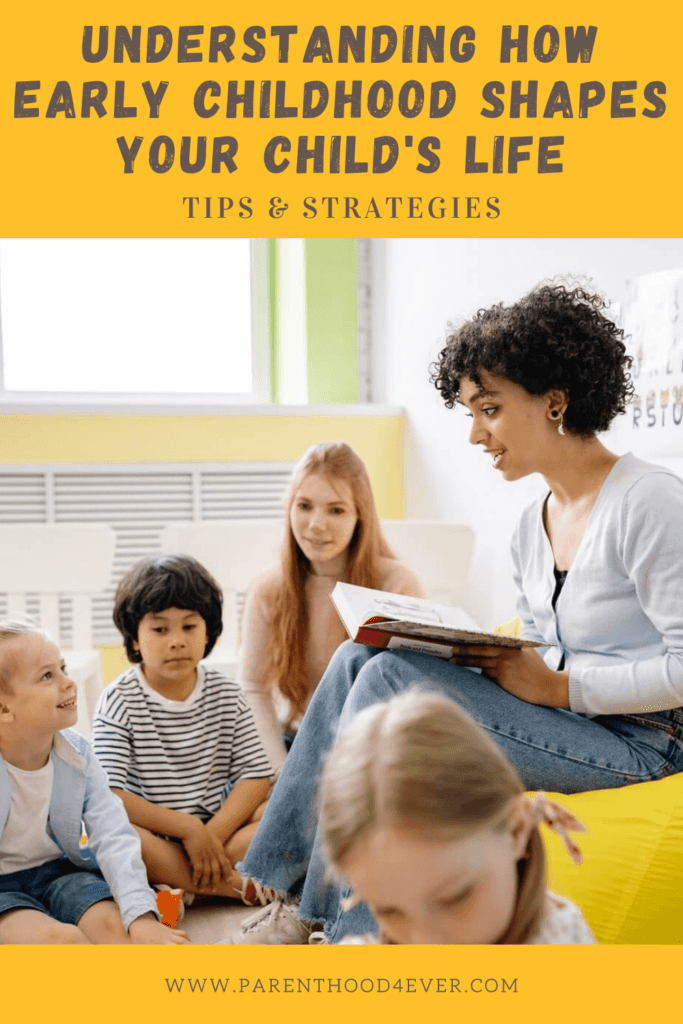
Behavioral theories
Behavioral theories believed that a child’s development was a direct reaction to what was happening in their environment. It was believed that a child learned how to think and act based on what they were experiencing externally rather than internally.
For example, if a child was being rewarded for good behavior they knew that was the right way to act. If they were being punished, they learned to not act like that again. This form of thought led the way to many types of early learning.
Cognitive theory
Developed by Piaget, the cognitive theory found that how a child’s thought processes change as they grow can influence how they observe and interact with their surroundings. Piaget believed that a child’s knowledge level and intelligence were dependent on how they used their senses and observation skills as they grew.
For example, if your child has only ever seen your dog before, a Jack Russell Terrier, then they might be mistaken in thinking that all dogs look like that. When your family adopts a different breed of dog that is bigger such as a Husky, your child will be able to recognize that it is a dog and reframe their thought process around this animal.
Social learning theory
The Social Learning theory went one step further than behavioral theories and found that children are capable of developing and learning through observing the actions of others.
So, rather than learning as a direct result of something happening in their environment (e.g. being given praise), it was believed that social learning allowed children to learn new skills based on how they observed other people and how they listened to instructions.
For example, many children are able to learn how to swing a baseball bat by looking at their older sibling or parent playing baseball. Even if they have never touched the bat before, just looking at another person the swing the bat can help them to learn that skill.
Sociocultural theory
The Sociocultural theory developed by Lev Vygotsky came to the conclusion that children learn best when they can participate in hands-on experiences and when they learn through social connections. Vygotsky believed that parents, peers, and our environment played a large role in a child’s early learning and development.
Many early learning and education programs use this theory when teaching children. A teacher may assess a child’s skill level and then support them to help their knowledge levels expand. Allowing a child to interact with their peers will also help them to develop and learn new skills.

How does early childhood education shape a child’s development?
Early childhood development shapes the kind of person that your child will become. It will determine their physical and mental abilities, and perhaps even their successes later in life.
As a parent, you will undoubtedly want to give your child the best start in life that you can. The first way of doing that is by understanding exactly how early childhood education impacts child development.
Today, childhood development involves five core areas: physical, behavioral, cognitive, language, and social-emotional.
The development of these areas is vital for your child’s overall health and wellness. If your child has positive childhood experiences with plenty of learning opportunities, they will grow into a well-rounded adult. If it is negative, this will hinder their development.
So, what kind of learning opportunities does your child need at each developmental stage? Let’s have a look at each of their developmental milestones below.
6 weeks – 3 months
For the first few months of your baby’s life, they won’t be able to do much without your support. They can’t move around yet, so they need you to lift and carry them. They can’t speak, so you need to be able to interpret their cries. So, what milestones can you expect?
Physical
- Making grasping motions
- Exploring their mouth with their fingers
- Lifting their head
- Controlling their arm, leg, and hand movements
Behavioral
- Becoming aware of themself and their body
- Making babbling noises and imitating sounds
Language
- Looking at you when you’re talking
- Following you and objects with their eyes
Social-Emotional
- Begins to self-soothe
- Smiling when they see their own reflection
- Making eye contact with people
During this early childhood development stage, your child needs plenty of attention and direct communication. Make sure that you are singing songs to them, playing with them, and practicing tummy time to help them hit their developmental milestones.
3 months – 6 months
Between the ages of 3 and 6 months, you should begin to notice a bigger difference in your child’s developmental growth, especially in terms of their physical and language development.
Physical
- Reaching for objects
- Begins to hold their bottle with little help
- Starts to shake their rattles and toys
Behavioral
- Begins noticing more of their surroundings
- Begins to recognize different family members and caregivers
Language
- Using sounds to express themselves and get your attention
- Starting to laugh
- Begins to understand conversations
Social-Emotional
- Begins to smile at others
- Mimicking your and your family’s movements
- Demonstrating interest in activities and playing
Similar to the previous early childhood developmental stage, actively engaging and communicating with your child on a daily basis will be key to helping them gain the building blocks they need for reaching the next set of developmental milestones.
6 months – 12 months
Between 6 months and 12 months is when you really start to see your child’s personality coming through. During this developmental stage, they will make leaps and bounds in all the five core areas of early childhood development.
Physical
- Holding objects
- Sitting up
- Rolling in both directions
- Start to crawl
Behavioral
- Begins to recognize their own name
- Starts to experience unfamiliar sounds and smells
Cognitive
- Begins to demonstrate an interest in books
- Explores shapes and numbers
- Explores objects in their environment such as leaves or rocks
Language
- Begins to show comprehension when you ask simple questions
- Uses facial expressions to express emotions
- Begins to start using familiar words, e.g. mama or dada
Social-Emotional
- Begins to show awareness of other people
- Can show signs of fear around strangers
- Starts to play with themselves and others
During these months, activities such as reading books, singing songs, and doing puzzles will all be beneficial in encouraging the development of physical, cognitive, emotional, and language skills.
12 months – 24 months
Between the ages of 12 months and 24 months, you can expect your child’s language, cognitive, and social-emotional skills to progress even further. It is at this stage that they will begin to learn various skills needed for later in life.
Physical
- Controls thumb and index finger movements
- Begins to wave
- Can hold utensils and feed themselves
- Stands up and walks independently
- Develops pre-writing skills through arts and crafts
Behavioral
- Develops interests
- Gains a sense of individuality
- Begins to care for others
- Notices people that are from different cultures and backgrounds (e.g. understands they are listening to a different language)
Cognitive
- Understands and identifies different objects and colors
- Begins to identify different body parts
- Can start to understand the difference between various shapes and numbers
Language
- Repeats familiar and non-familiar words
- Can follow directions and respond to cues
- Starts connecting words to form a sentence
- Begins to say ‘please’ and ‘thank you’
Social-Emotional
- Expresses their feelings and thoughts
- Asks adults for help
- Starts to learn how to use the potty
- Shows interest in getting dressed by themselves
Once your child becomes a toddler is when you get a true sense of how well they are developing. Many early childhood education experts believe that it is at this stage that your child benefits most from attending an early learning program.
Twos – Fours
Lastly, you have the years before your child will be ready to attend kindergarten. Between the ages of two and four is when your child learns how to become more independent and also how to behave in various social situations.
Read More:
Physical
- Begins to start writing their own name
- Can draw simple shapes and patterns
- Can eat using utensils independently
- Learns how to get dressed by themselves
- Can run, jump, and balance on one foot
- Knows how to dance along to music
Behavioral
- Begins to understand the concept of gender and age
- Develops a strong sense of empathy
- Begins to understand the difference between right and wrong
Cognitive
- Can count up to 20
- Begins to learn math concepts and terms
- Develops their observational skills
- Can form questions
- Uses their five senses to evaluate different situations
Language
- Can form complex sentences
- Asks ‘who’ and ‘why’ questions
- Learns how to stay on topic during conversations
- Can tell simple stories
- Demonstrates appropriate eye contact during conversations
Social-Emotional
- Able to communicate their needs clearly and fluently
- Can begin to resolve conflicts on their own
- Knows how to take turns when playing with others
- Learns how to treat others with respect
- Can go to the toilet independently
- Recognizes and respects the feeling of others
The role of early childhood education during the developmental years
As you can see, from the moment your child is born to the time that they are an energetic toddler running around and living life to the fullest, they are developing in more ways than you can imagine. This development depends on the level of support, guidance, and attention that they receive.
Being able to hit their early childhood developmental milestones requires a lot of work on their part and yours. But, the reality is that not every parent can support their child’s educational needs in the way that they deserve.
Parents are busy people, right? Maybe you’ve got job responsibilities or have other children at home. Whatever that reason may be, enrolling your baby in an early learning program such as a preschool is one of the best decisions you can make for your family.
Preschools are safe learning environments that allow your child to interact with experienced early childhood educators and children their own age. Being in an environment like this will help your child to develop the life skills that they need to become healthy individuals when they are older.
Now that you’ve decided that you’d like to send your child to a preschool, it is time to understand what are the most effective practices in early childhood education.
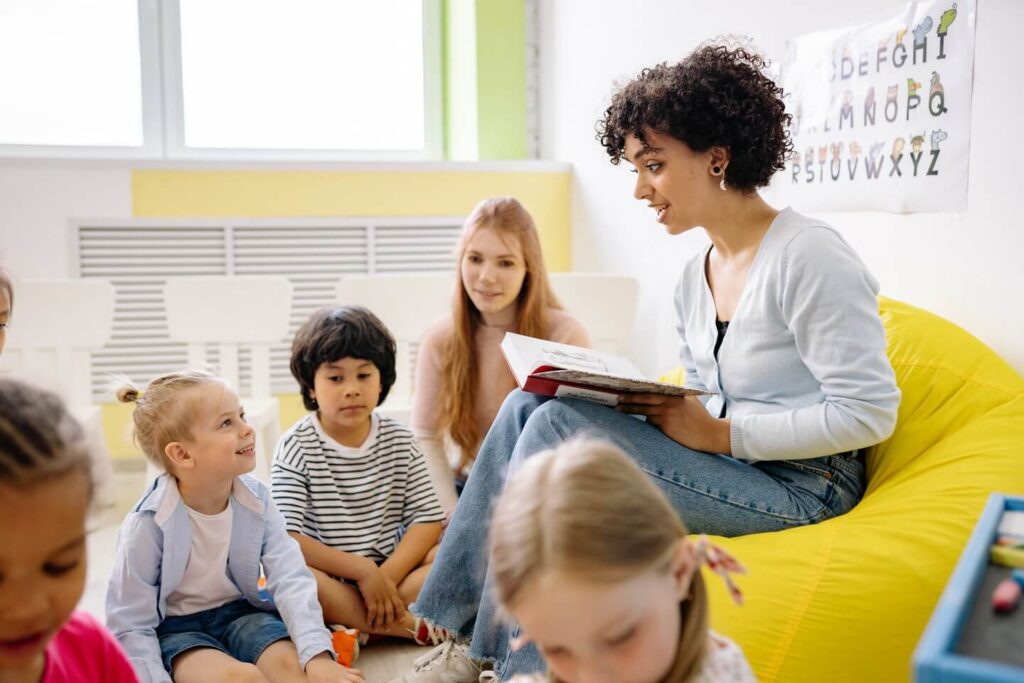
Understanding early learning practices & philosophies
Each preschool will follow different practices and philosophies when helping children to develop. There is no wrong or right way to teach a child new skills but knowing how preschools operate can help make your decision easier.
There are three core early learning practices and philosophies: Montessori, Reggio Emilia, and Waldorf Education.
- Montessori – This early learning philosophy focuses on using child-led activities such as unstructured play to encourage children to learn by doing. Drawing on the Sociocultural theory, preschools that adopt Montessori practice will allow your child to take the initiative on doing tasks while also receiving direction and guidance from a teacher.
- Reggio Emilia – One of the effective practices in early childhood education is the Reggio Emilia approach. This form of learning allows children to guide the curriculum based on their interests. Early childhood educators are able to observe what your child is curious about and then develop ways to help them expand their knowledge and skillsets.
- Waldorf Education – Lastly the Waldorf Education approach takes a more holistic approach to early learning practices. It believes that a child’s development should be guided by their creativity and imagination.
How parents can get involved in the early learning years
The preschool years are some of the most important years for your child. That’s why you as a parent should get as involved in the early learning years as possible. Parent involvement in early childhood education happens in many forms:
- Your choice of preschool: Yes, you have more of a say over which preschool you’d like your child to attend than anyone else has. Make sure that you create a checklist of items that you would like a preschool to provide. For example, if a flexible drop-off and pick-up policy is a priority for you, look for a preschool that offers this. Check out Vivvi’s preschool checklist to help you choose a quality preschool!
- How you encourage early learning at home: As a parent, you can’t leave your child’s development up to the professionals all of the time. You need to make sure that you are turning your home into a learning environment too. Make sure that you practice early learning activities at home with your child so that they can continue to strengthen their developmental skills. Stuck on ideas? Ask your child’s preschool for inspiration.
Our children seek learning opportunities in all situations and need various forms of support throughout their early childhood education years. As a parent, make sure that you are engaging your child in activities that will help them to hit those all-important developmental milestones while also sending them to an early learning center where they can interact with educators and peers.
After all, you want your child to grow up and become the best version of themselves, don’t you?
IMPORTANT: We created the Family Store especially for you. By clicking on the image below you can find anything from Newborn’s First Kit, Baby & Family Essentials, Kids Travel to Travel Gear. We hope you will find something valuable for your own adventures!
Our shop contains products from other companies that we love and use! Everything is based on our values of quality over quantity.
To get more support from parents and family travellers, join our Parenting Support Group.
And follow us on Instagram to know our crazy expat life!
Also, check out:
- Children’s Stages of Development or How To Understand Your Child
- Terrible Threes or How To Handle Terrible 3-Year-Old Tantrums
- Signs of Terrible Twos and How to Deal with Them
- Working From Home With Toddlers
- Benefits of Nursery: Eleven Important Reasons Why You Should Send Your Child To a Nursery Or Playgroup
- Activity Desks For Toddlers
- 13 Benefits of Reading to Children and Toddlers: Age-by-age Guide to Reading to Your Baby
Welcome to check out our best product selection for parents and babies, including travelling gear and resources here.
This post may contain affiliate links that we may or may not receive a small commission for, at no extra cost to you. This helps to fund our blog but we never advertise for anything we don’t personally love or recommend. There is never any pressure to buy anything, we just like sharing things that make our life easier and help you find them if it is something you are looking for. Please, see our full disclosure here.

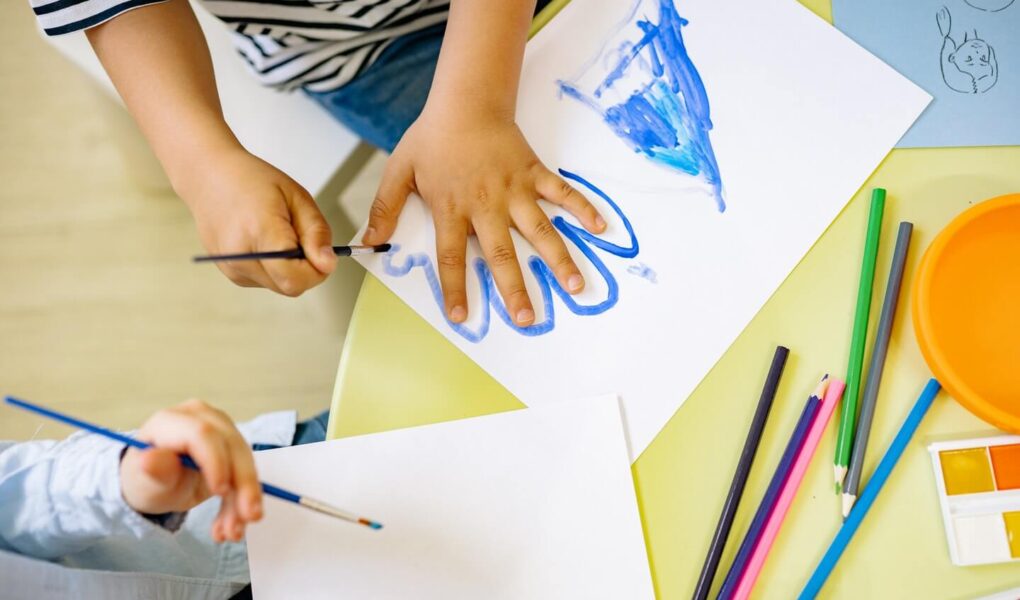
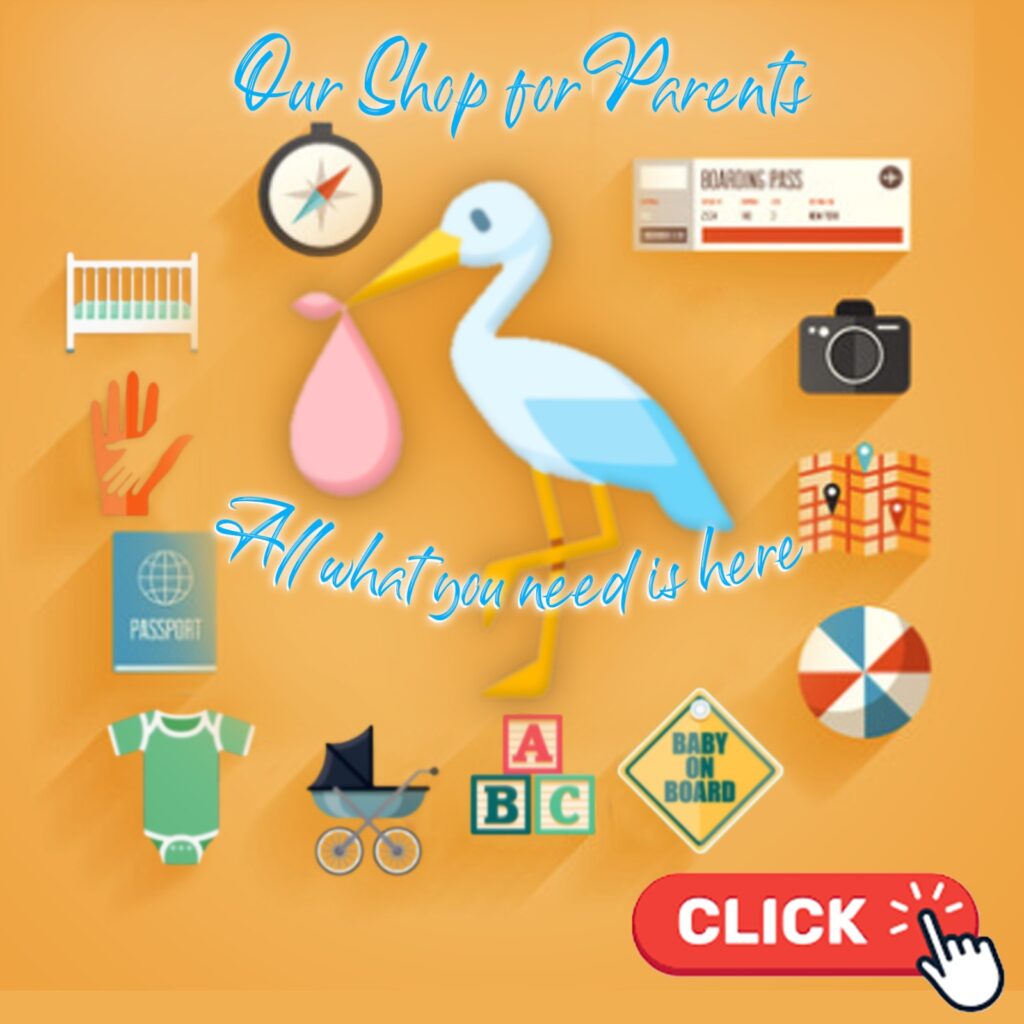
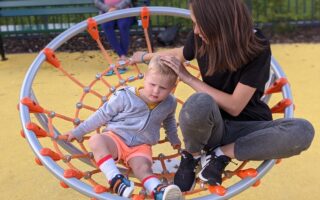
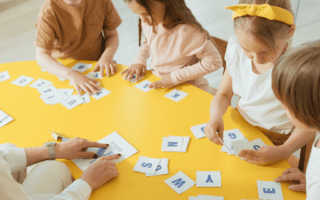

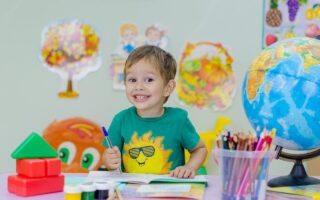
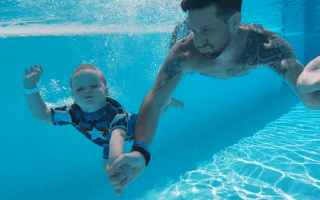
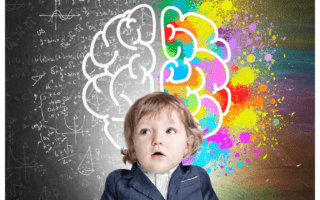

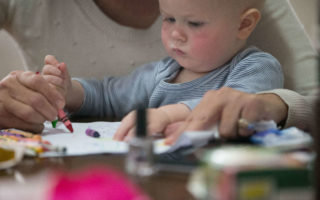




Recently, we started thinking about finding an early education center for our daughter, but we’re not entirely sure about it. It’s good to learn what type of physical and behavioral development a child must have, depending on their age. We think we’ll look for a place that helps our child develop their independence and social skills.